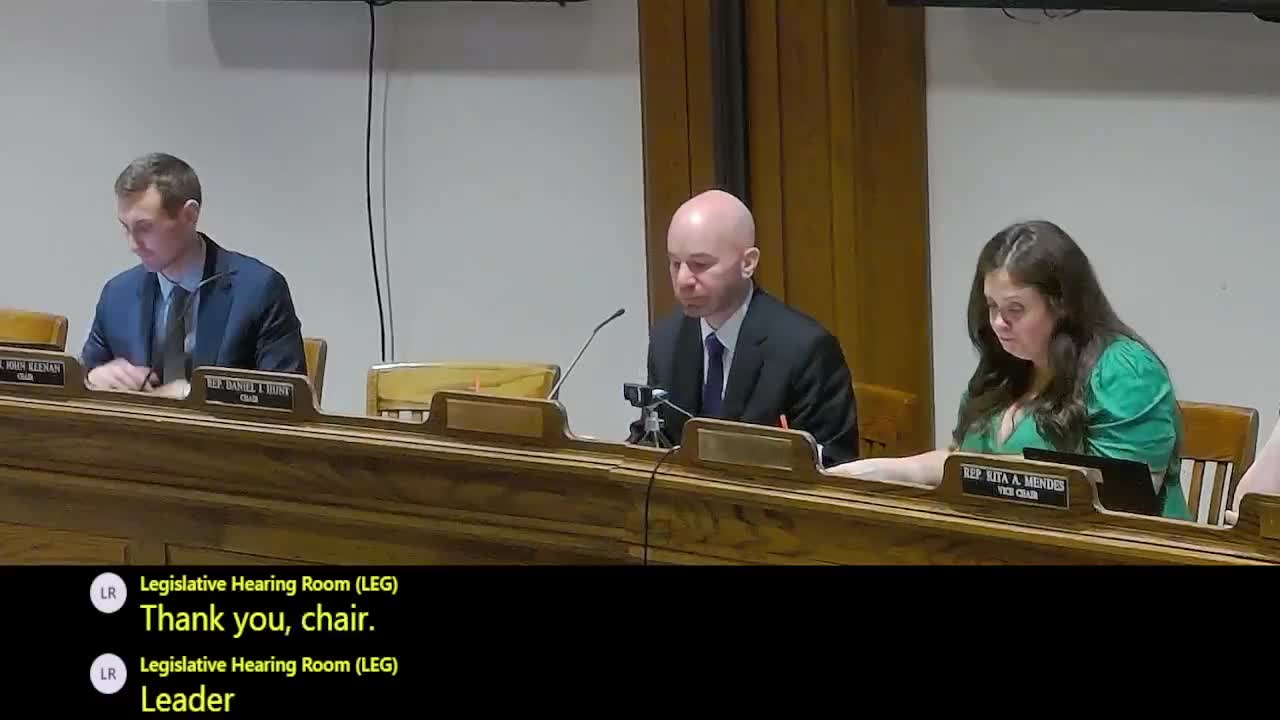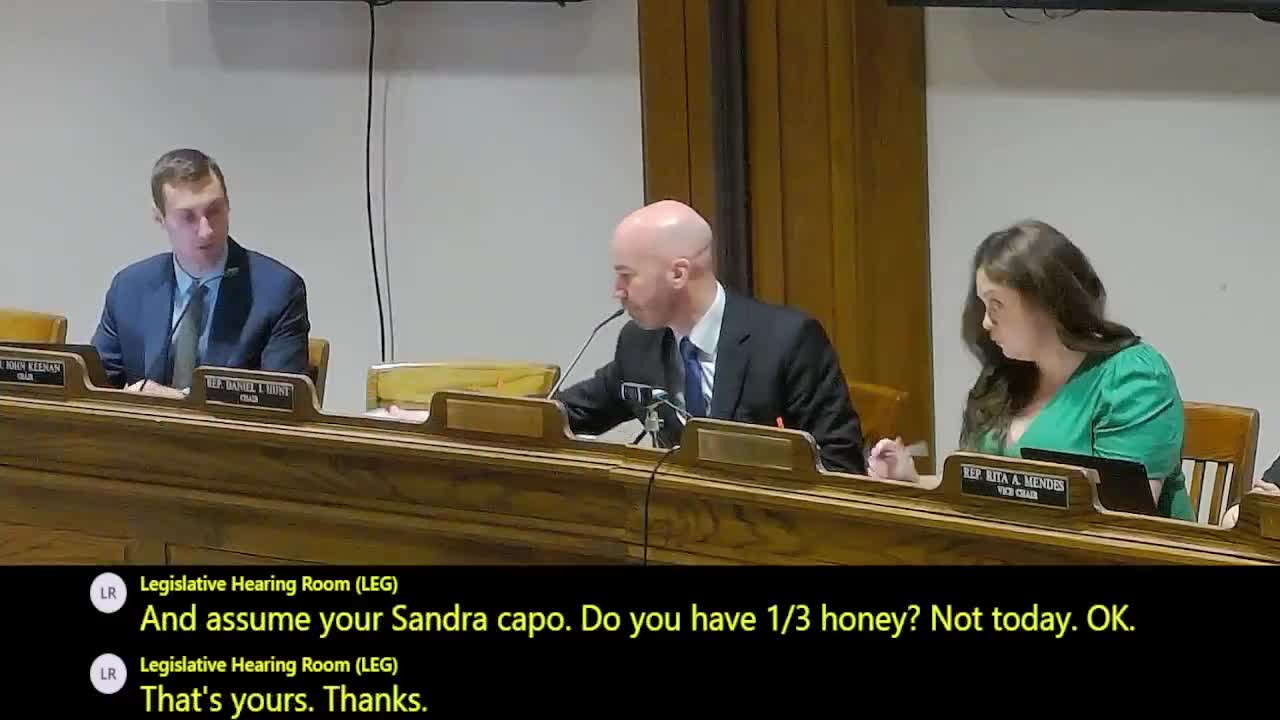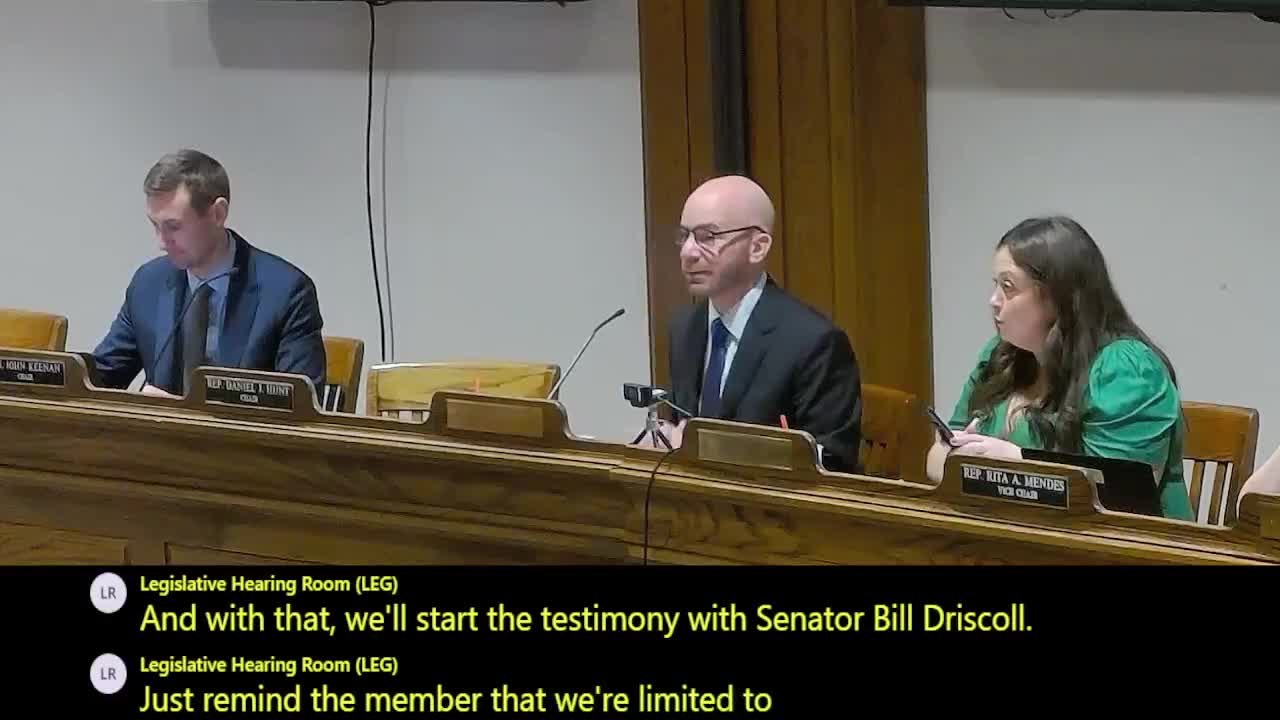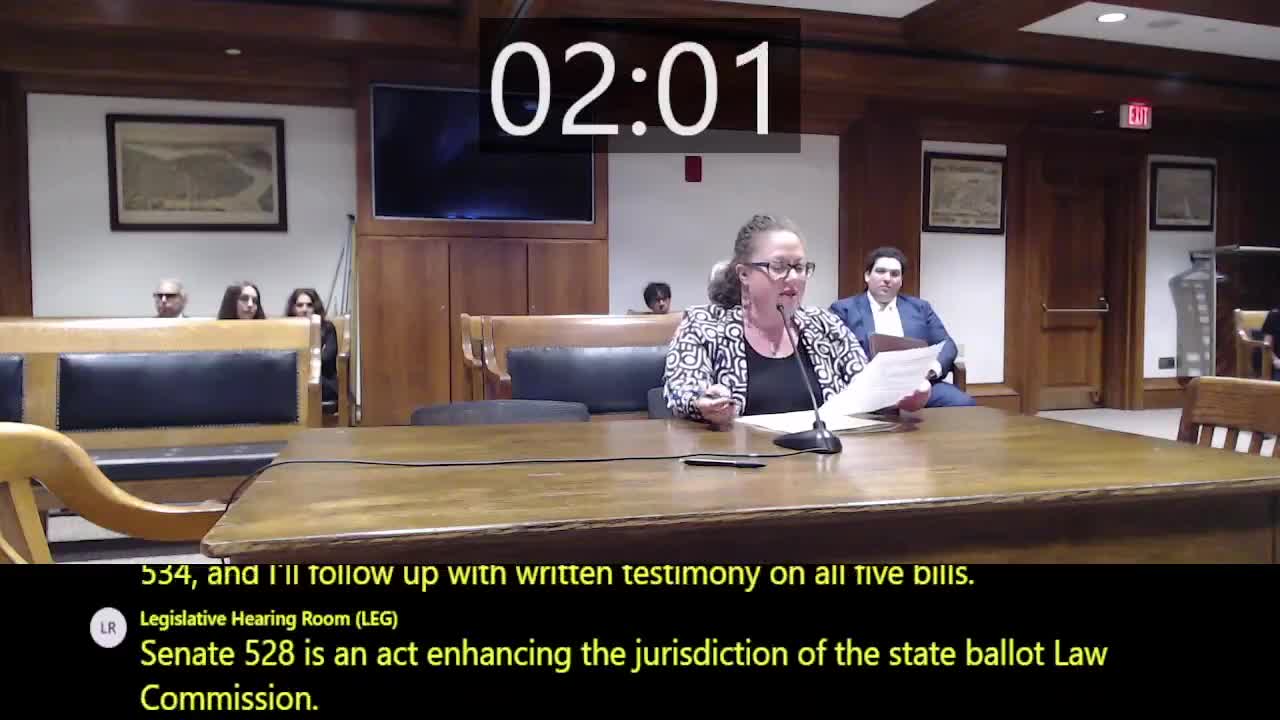Article not found
This article is no longer available. But don't worry—we've gathered other articles that discuss the same topic.

Leader Donato seeks changes to absentee-voter disability language and political designation rules

Witnesses press for accountability on spoiled ballots after contested Raleigh recount

Randolph officials, residents ask Legislature to permit Haitian Creole bilingual ballots

